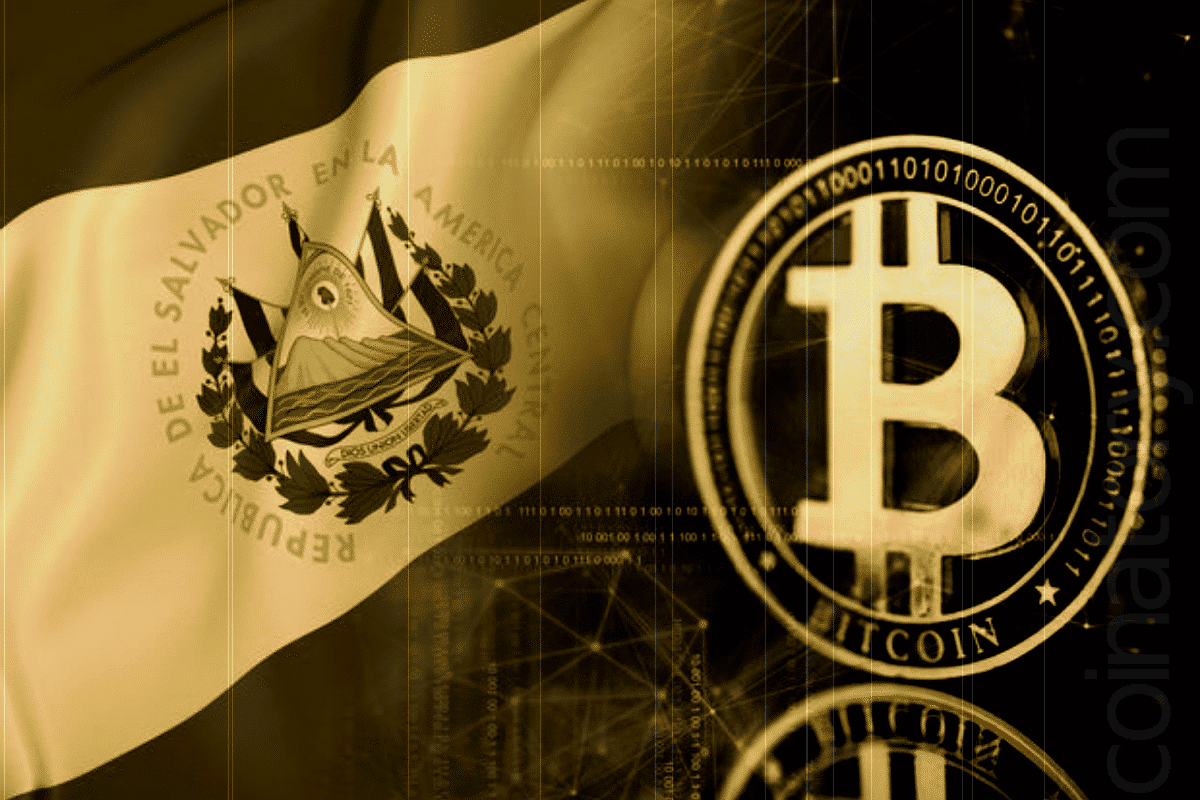
According to industry experts, El Salvador, which is known for being the first government to accept Bitcoin as legal cash, is still increasing its Bitcoin holdings without going against its agreement with the International Monetary Fund (IMF).
According to blockchain data from El Salvador’s Bitcoin Office, in the week preceding April 27, the national treasury purchased seven Bitcoin, totaling more than $650,000. Officials confirm that the nation continues to abide by the IMF’s requirements in spite of the ongoing acquisitions.
During a press event on April 26, Rodrigo Valdes, director of the IMF’s Western Hemisphere Department, affirmed that El Salvador is fulfilling its obligations under the 2024 deal. “I can confirm that they continue to comply with their commitment of non-accumulation of Bitcoin by the overall fiscal sector, which is the performance criteria that we have,” said Valdes. He underlined that rather than bitcoin policy, the IMF program is largely focused on structural reforms, governance, and transparency.
Formally signed in December 2024, El Salvador’s $1.4 billion loan deal with the IMF required that Bitcoin’s position as legal cash be removed and that government entities be prohibited from accumulating Bitcoin. Nuanced interpretations of the agreement, however, might allow for the acquisition of Bitcoin through non-governmental channels.
The IMF’s “flexible interpretation” would allow purchases through private or reclassified businesses, according to author and intergovernmental blockchain expert Anndy Lian, allowing El Salvador to keep its Bitcoin-positive position without violating technical compliance. “This alternative approach allows El Salvador to retain its Bitcoin-friendly image while securing critical IMF funding to address unsustainable public debt and limited reserves,” Lian said.
He added that the growing conflict between financial innovation and conventional economic frameworks is underlined by El Salvador’s dual approach. “El Salvador’s experience offers valuable lessons for nations exploring crypto adoption, emphasizing the necessity of robust regulatory frameworks and institutional capacity to navigate international financial dynamics,” Lian said.
El Salvador’s strategy may offer as a model for other countries thinking about incorporating digital assets into their national policies while interacting with international financial institutions, as it strikes a balance between Bitcoin fervor and IMF requirements.







